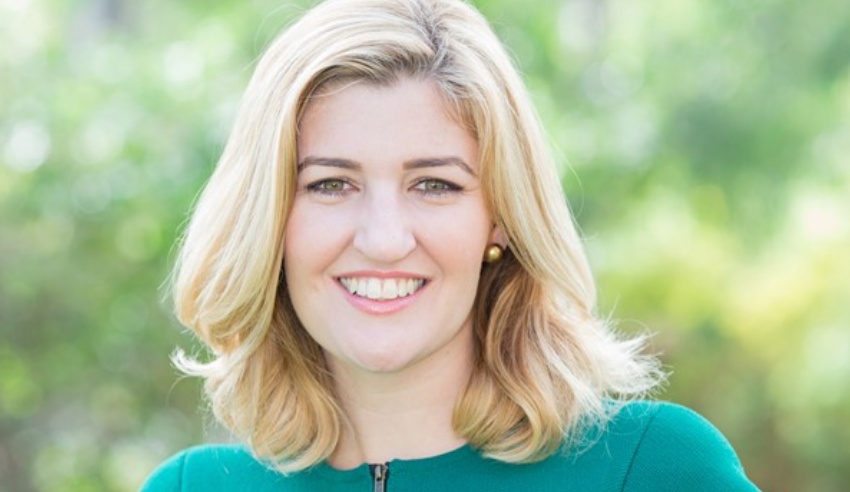The Palaszczuk government has unveiled a “historic overhaul of laws and practices” to better protect Queensland women from domestic and family violence and hold perpetrators to account.

In a joint statement, Premier Annastacia Palaszczuk and Attorney-General and Minister for Justice, Minister for Women, and Minister for the Prevention of Domestic and Family Violence Shannon Fentiman outlined a $363 million package of reforms on the back of Justice Margaret McMurdo’s Women’s Safety and Justice Taskforce’s first report, Hear Her Voice, which was handed down in December.
Also in the package is a special strategy for First Nations communities, funding for perpetrator programs to change men’s behaviour and stop the cycle of violence, expansion of High-Risk Teams and co-responder models and increased respectful relationships education to all Queensland children and young people.
Justice McMurdo’s taskforce, the Premier noted, received more than 700 submissions from women and girls with lived experience of domestic and family violence.
“In addition, women have literally taken to the streets to say ‘enough is enough’,” she said.
“My government has heard. My government has listened. My government is acting.”
The state government will introduce a bill to criminalise coercive control by the end of 2023, the Premier and A-G said.
Ms Fentiman (pictured): “Our systems need to respond better to this unique form of violence and we need to shift our focus from responding to single incidents of violence to the pattern of abusive behaviour that occurs over time.
“We will also explore options to improve availability and accessibility of intervention programs for DFV perpetrators. Intervening to help perpetrators change their behaviour is essential to keeping victims safe from violence.
“We will look to continue and expand trials of online perpetrator interventions and programs addressing violence perpetrated by young men against a parent.”
The commission of inquiry will be a four-month process that will hear the testimony of victims and make recommendations to improve their treatment. Further, Queensland Police will trial a collaborative co-response model involving police and specialist DFV services working together in a number of locations.
“A key focus of the reforms will be to build understanding of DFV and coercive control across the agency to help police improve how they respond to these matters,” the A-G continued.
“Officers need to be able to better identify DFV as a pattern of behaviour over time and assess risk for coercive control and non-physical forms of violence. We will act to develop specialist expertise and training in DFV, and improve the frontline response to incidents through development of a manual to guide officers.”
The Premier added that confronting the reality of domestic and family violence is the most important step in dealing with it.
“Not one of us can deal with this issue. It will take all of us,” she said.
The taskforce has already made 89 recommendations, 84 of which were for the government, all of which have been accepted. The remaining five were for the Queensland Law Society and the Bar Association of Queensland.
The final taskforce report is due by the end of June.

Jerome Doraisamy is the managing editor of professional services (including Lawyers Weekly, HR Leader, Accountants Daily, and Accounting Times). He is also the author of The Wellness Doctrines book series, an admitted solicitor in New South Wales, and a board director of the Minds Count Foundation.
You can email Jerome at: